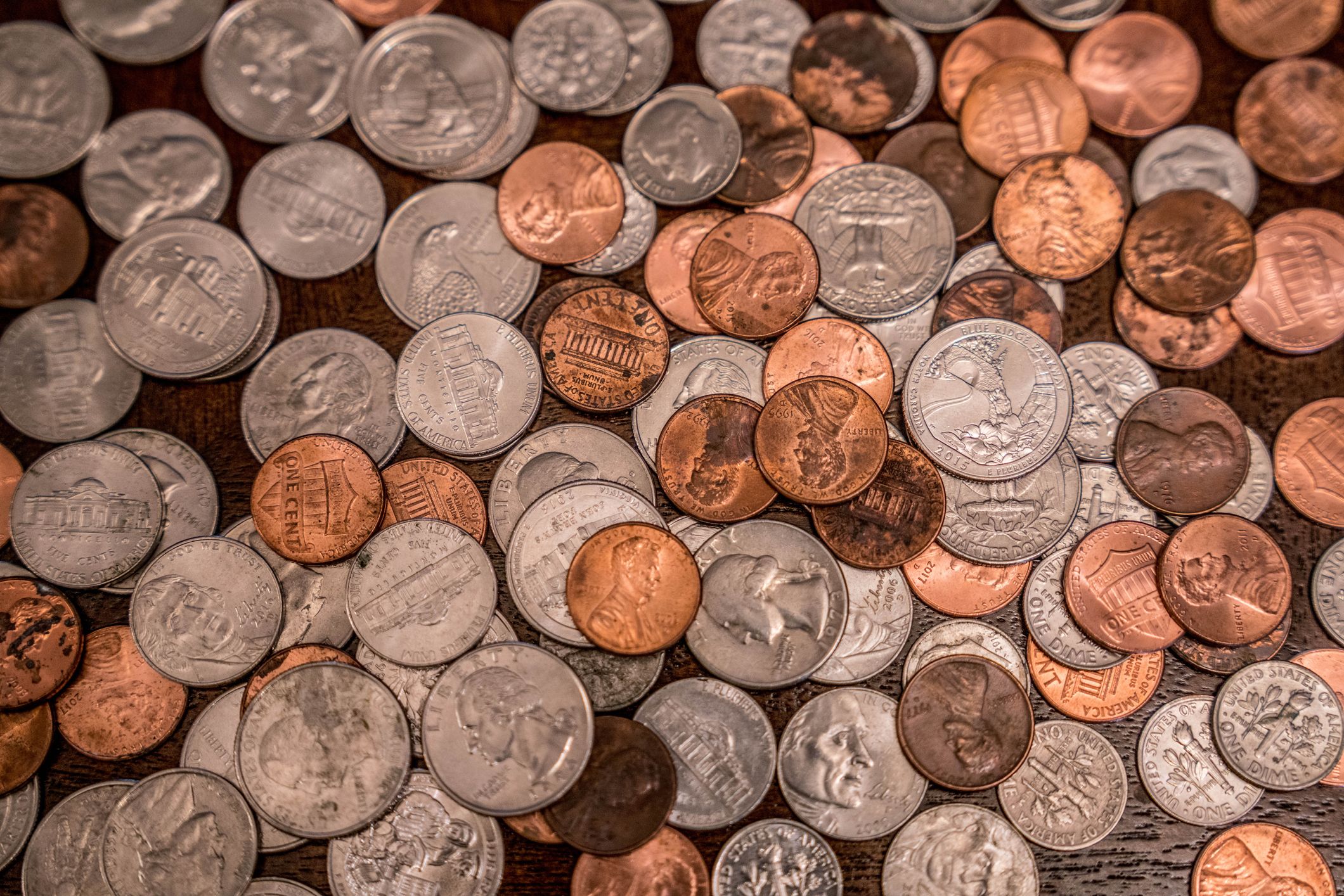
A rare coin found by a high schooler in his lunch money has been valued at almost $1.7million, following the owner's death.
Don Lutes, Jr., of Pittsfield, Massachusetts, found the bronze 1943 Lincoln cent in the change he was given at his school cafeteria in 1947, according to sellers Heritage Auctions.
Read more: Vegancoin: Vegans Now Have Their Own 'Cruelty-Free' Cryptocurrency
The coin is one of around 20 Lincoln pennies printed with a copper-looking surface, Fox News reported. It is expected to fetch up to $1.65 million at auction.
"This lot represents a true 'once in a lifetime' opportunity," Heritage Auctions told potential buyers on its website.
In 1943, the Treasury Department requested the U.S. Mint create Lincoln pennies on steel planchets coated with zinc in order to preserve cooper for use in the Second World War. But talk of the existence of rare copper pennies made that year soon emerged, and rumors swirled that car giant Henry Ford would give a vehicle to anyone who could present him with one of the specimens.
"Stories appeared in newspapers, comic books, and magazines and a number of fake copper-plated steel cents were passed off as fabulous rarities to unsuspecting purchasers," Heritage Auctions explained on its website. The U.S Mint rejected claims that the 1943 Lincoln copper cents existed.
However, it was later revealed some bronze planchets were mistakenly left in machinery before the so-called "steelies" were pressed.
"The few resulting 'copper' cents were lost in the flood of millions of "steel" cents struck in 1943 and escaped detection by the Mint's quality control measures," Heritage Auctions said.
"They quietly slipped into circulation, to amaze collectors and confound Mint officials for years to come."
Between 10 to 15 of the coins with a copper appearance made in facilities including the Mints of Philadelphia, San Francisco and Denver are thought to exist today.
When then 16-year-old Lutes was handed the copper cent, he recalled the "steel" cents created in 1943, and was intrigued by the specimen's copper finish, Heritage Auctions stated. Buoyed by the Henry Ford rumor, he contacted the car firm, but they informed him it was false.
Lutes also got in touch with the Treasury Department about his find. Their standard reply simply read: "In regard to your recent inquiry, please be informed that copper pennies were not struck in 1943. All pennies struck in 1943 were zinc coated steel."
So Lutes concluded his coin was probably valueless, and stored it as a curiosity in his coin collection for the next seven decades.
A separate bronze cent found in the 1950s sold for a $40,000 at the time, or around $357,281 in today's money.
After Lutes passed away in September, his coin was given its eye-watering potential value.
Sarah Miller of Heritage Auctions told SWNS (via Fox): "This is the most famous error coin in American numismatics and that's what makes this so exciting.
"No one really knows what it's going to sell for."
Uncommon Knowledge
Newsweek is committed to challenging conventional wisdom and finding connections in the search for common ground.
Newsweek is committed to challenging conventional wisdom and finding connections in the search for common ground.
About the writer
Kashmira Gander is Deputy Science Editor at Newsweek. Her interests include health, gender, LGBTQIA+ issues, human rights, subcultures, music, and lifestyle. Her ... Read more
To read how Newsweek uses AI as a newsroom tool, Click here.








